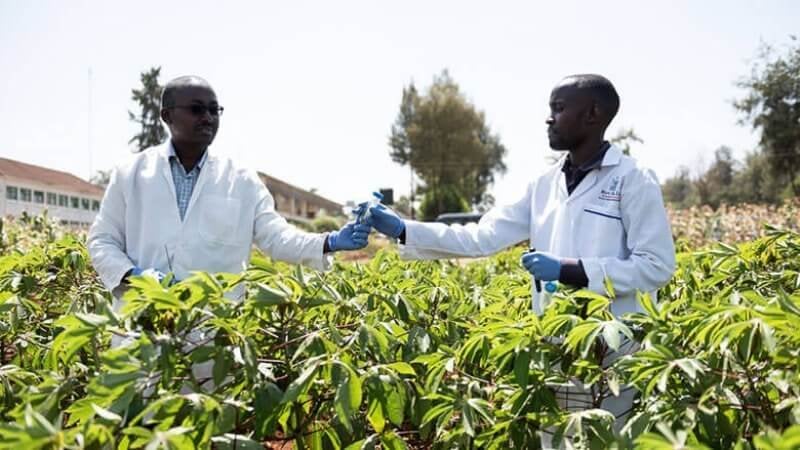Kenya’s National Biosafety Authority (NBA) has published Genome Editing Guidelines, marking an important step towards the development of a genome editing regulatory framework in the country. After Nigeria, Kenya becomes the second African country to publish such guidelines.
The published guidelines provide clarity on which genome-edited organisms and/or derived products will be regulated under Kenya’s Biosafety Act, and which products are regulated as conventional varieties or breeds.
The main feature of the Guidelines is the provision for early consultation to determine the regulatory pathway to be adopted in view of potential outcomes of genome editing procedures. An applicant is required to submit an Early Consultation Form to the NBA providing data on their project experimental processes and end product to establish whether it should be regulated under the Biosafety Act or not.
The Guidelines also outline considerations or scenarios for regulation of genome editing techniques and derived products either under the Biosafety Act or not. Genome editing and derived products that will not be regulated under the Biosafety Act include; modifications made by inserting genes from sexually compatible species, deletions/knockouts without foreign genetic material in the end-product, and processed products whose inserted foreign genetic material cannot be detected. A decision will be made on a case-by-case basis.































